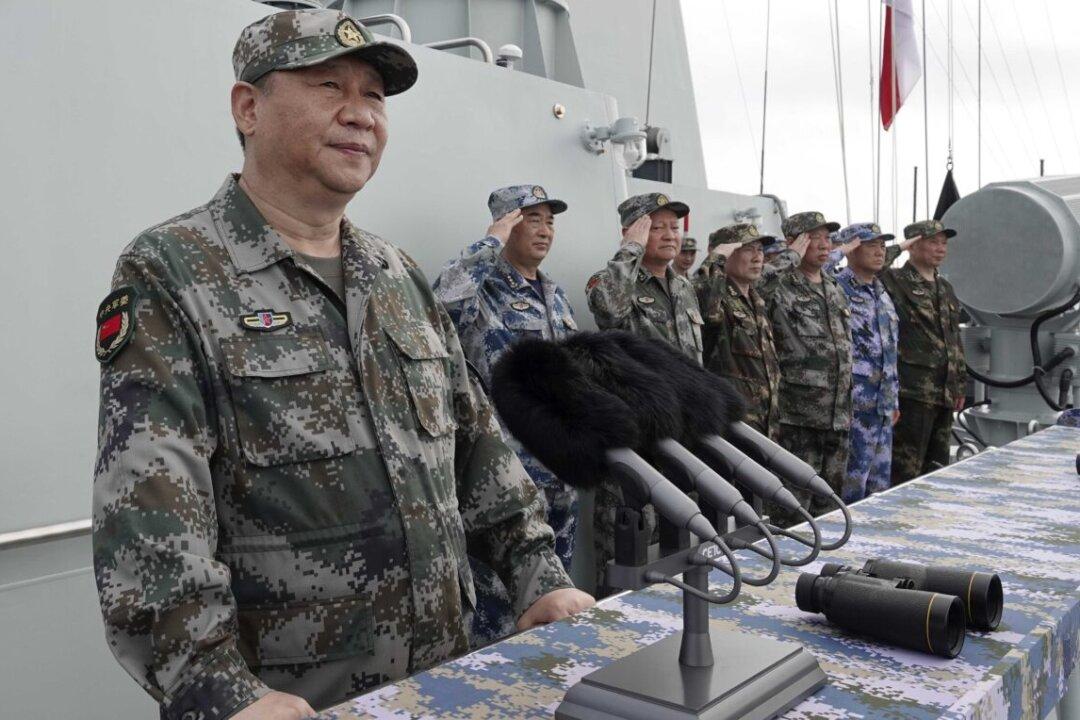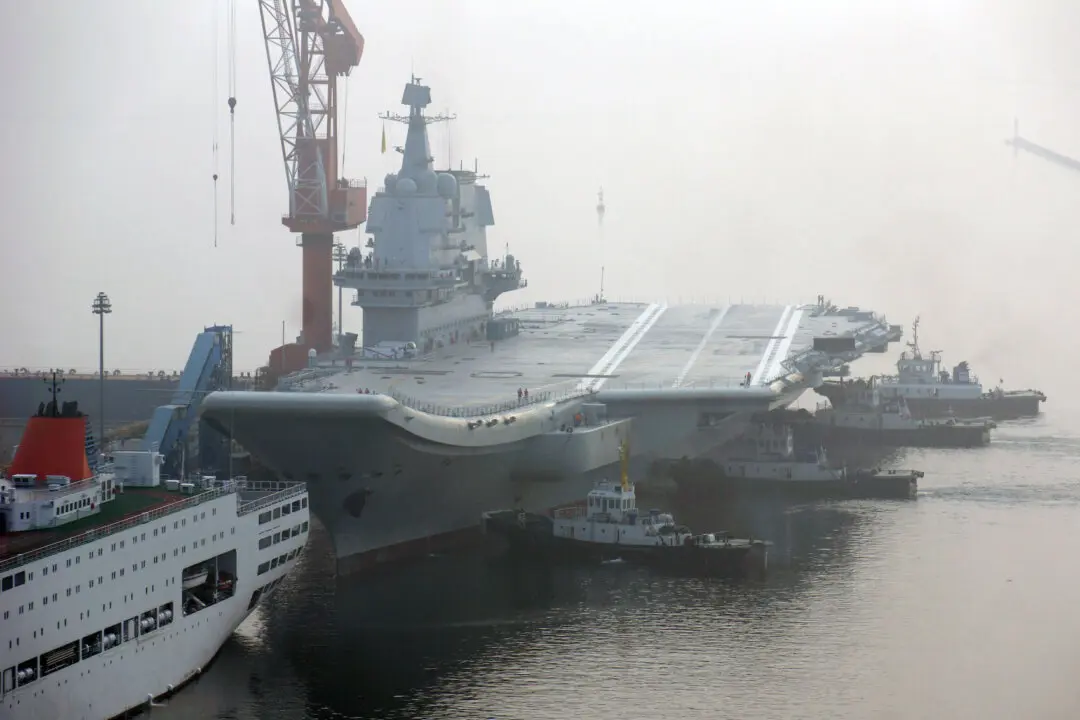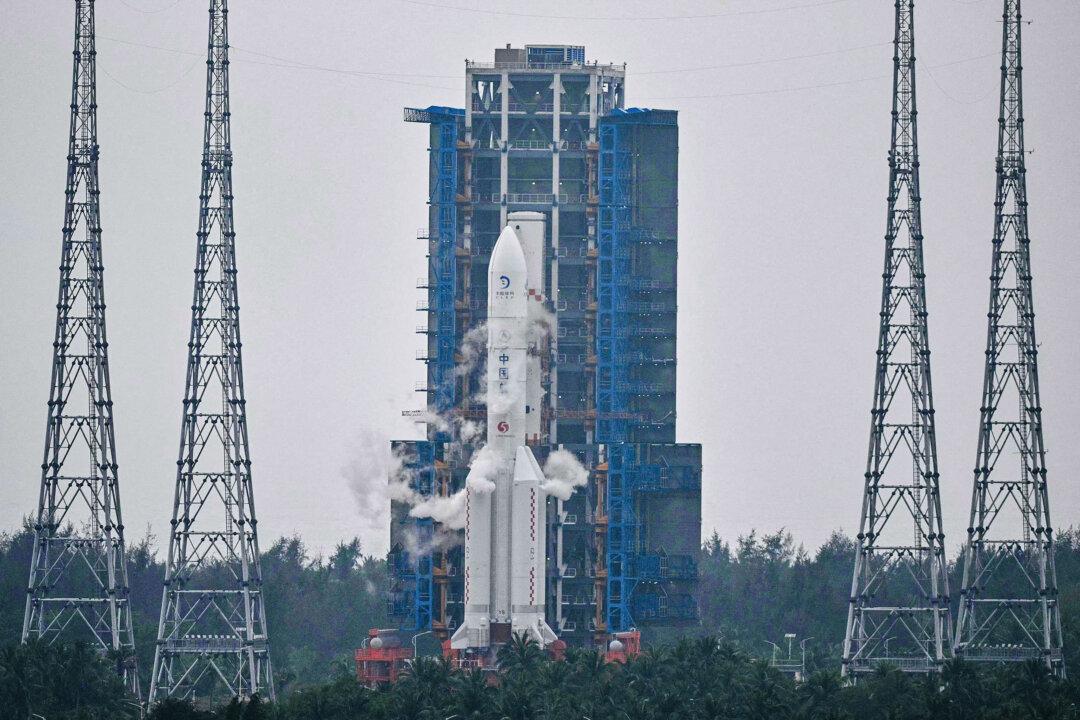Commentary
Melanie W. Sisson of the Talbott Center for Security, Strategy, and Technology on Feb. 7 told the House Armed Services Committee, “Under the rule of the Chinese Communist Party (CCP), the People’s Republic of China (PRC) is seeking to expand its influence culturally, economically, politically, and militarily,”





